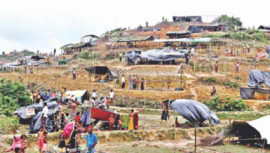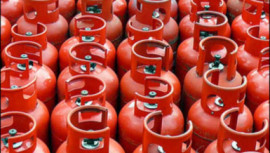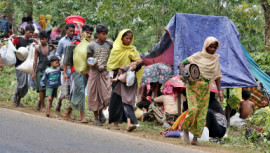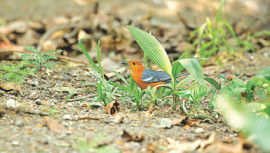We are not particularly surprised that the return of Rohingyas to their homeland in Myanmar is not going to start today as scheduled in the repatriation agreement between Bangladesh and Myanmar in January. Apart from the huge logistical task of finalising the list of families eligible for repatriation, there are other conditions that have not changed to facilitate the repatriation process.
First of all, Myanmar has not given any guarantees regarding a safe, dignified and sustainable environment in Rakhine, where the refugees will return to voluntarily. This has been one of the basic preconditions demanded by Bangladesh and many other nations and human rights groups who are genuinely concerned about the fate of the Rohingya refugees. The idea of repatriation camps near Bangladesh's border inside Myanmar, where refugees will wait until they are allowed back into Myanmar, is not very reassuring since we do not know under what conditions they will be kept and for how long.
So far Bangladesh has been trying its best to fulfil all the conditions required to start the process of repatriation. This includes bringing over a million Rohingya refugees under biometric registration. Once the list is finalised, it is up to the Myanmar government to use the list to repatriate the refugees and resettle them exactly in their own homes from where they were evicted. As expected, we are concerned about how the eligibility will be ascertained by Myanmar—as far as we are concerned all Rohingya refugees are eligible for safe, dignified and voluntary repatriation. We also expect them to be given full citizenship rights which they are entitled to.
For the repatriation process to be humane and sustainable it is crucial that the international community continues to maintain pressure on Myanmar to create a conducive environment so that the Rohingya refugees can return to their homeland without fear and as equal citizens in that country.



























